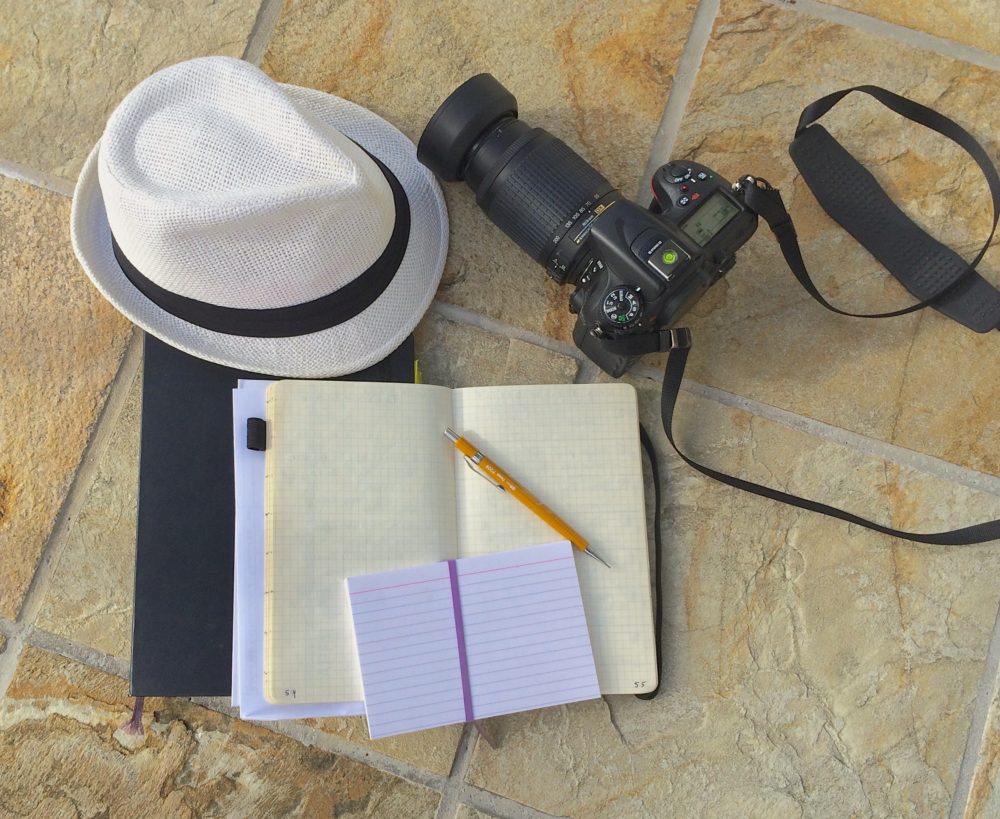
My kids think I can build or fix anything and this past weekend they asked for a pirate ship. So after carefully surveying the collection of scrap wood and various other bits and pieces of raw materials in the basement, garage and recycle bin. This is what we ended up with:
It won’t win any prizes but they had a lot of fun helping me build it and making decisions about how they wanted the ship to look, and what amenities would be included. We had some things that didn’t work, we experimented, we were creative, and most of all we had fun.
I didn’t start out trying to teach them anything, but when they tell people the story of how they built their pirate ship, they are very proud of their contributions, and glory in the telling of how we problem solved.
Listening to them, I realized that beside being a really fun day, they had also learned a little bit about being resourceful, using what you have, and starting where you are.
I feel the same why every time I start a writing project. I inventory my lists of story ideas, found objects, interesting news bits, and old story files to create something. Any creative project starts with an idea, a whim, a scrap of thought, a problem to be solved, or a request.
Many people say to me that they want to write but don’t know what to write about. This is my answer: Use what you have, start where you are, and don’t expect your first draft to be perfect. Just like our pirate ship, it needs the rough edges smoothed, and a coat of paint. That is what editing is all about, but you can’t edit a blank sheet of paper.
Even if you don’t have little pirates in your life asking for ships, take time to build /create/ write /draw/ photograph something. Quit staring at life waiting for something to happen, and make something happen.
My kids love adventures. They don’t care if it is just around the block, they see everything as an adventure. They ask me more questions in a half hour walk than most people ask in year. As exhausting as it can be at times, it is a great reminder, and good advice for all of us. Never stop asking questions. Keep adventuring. Learn as much as you can about everything, observe, catalog, read, pick things up, and enjoy having knowledge for the sake of knowing.